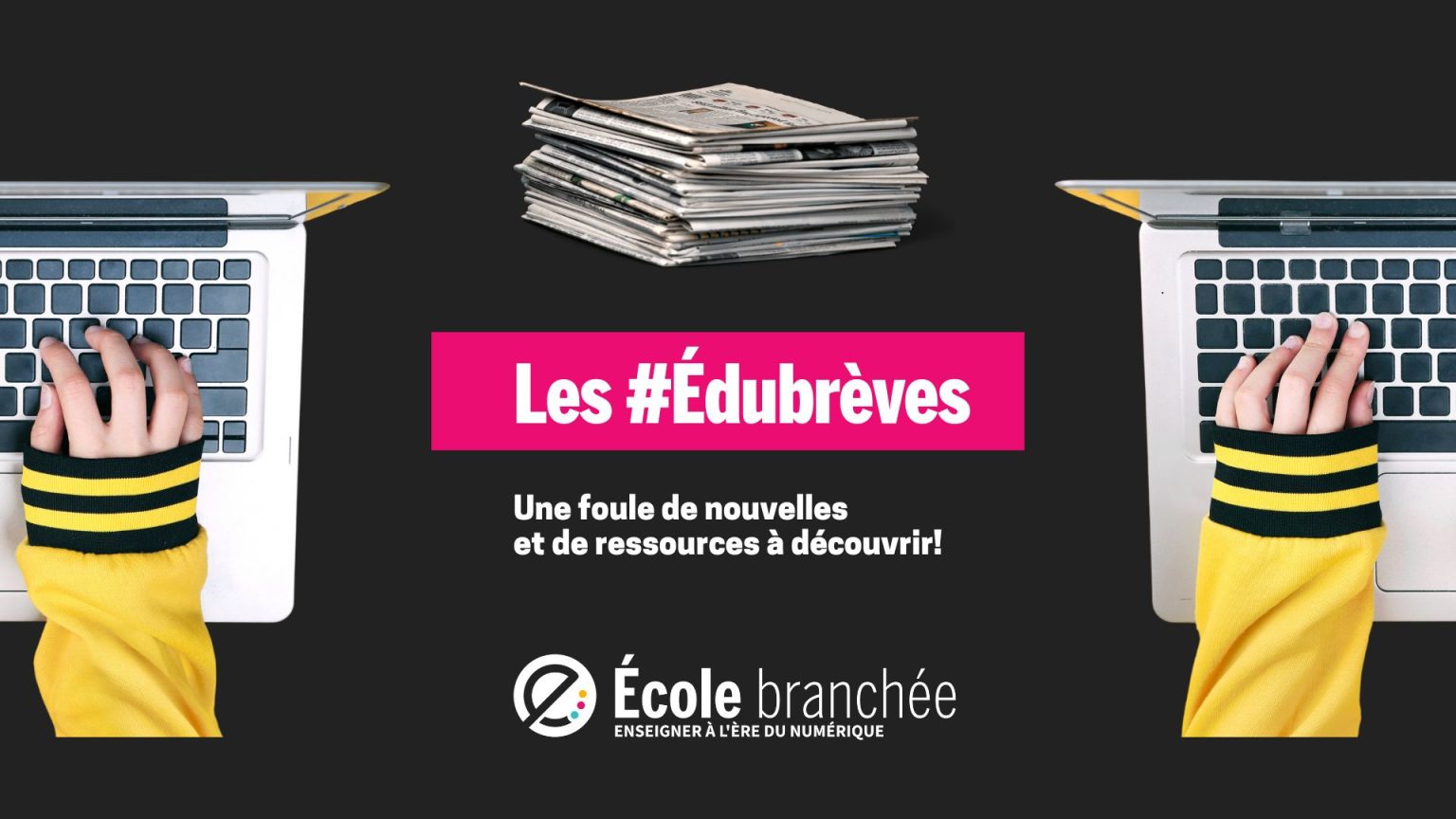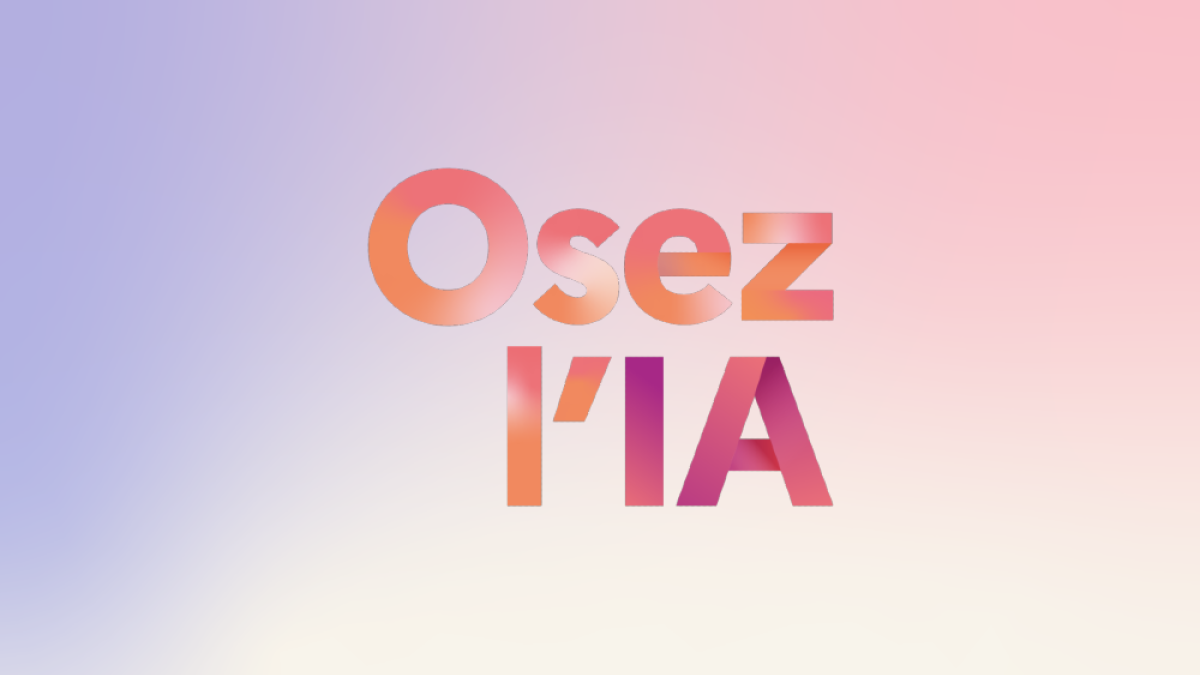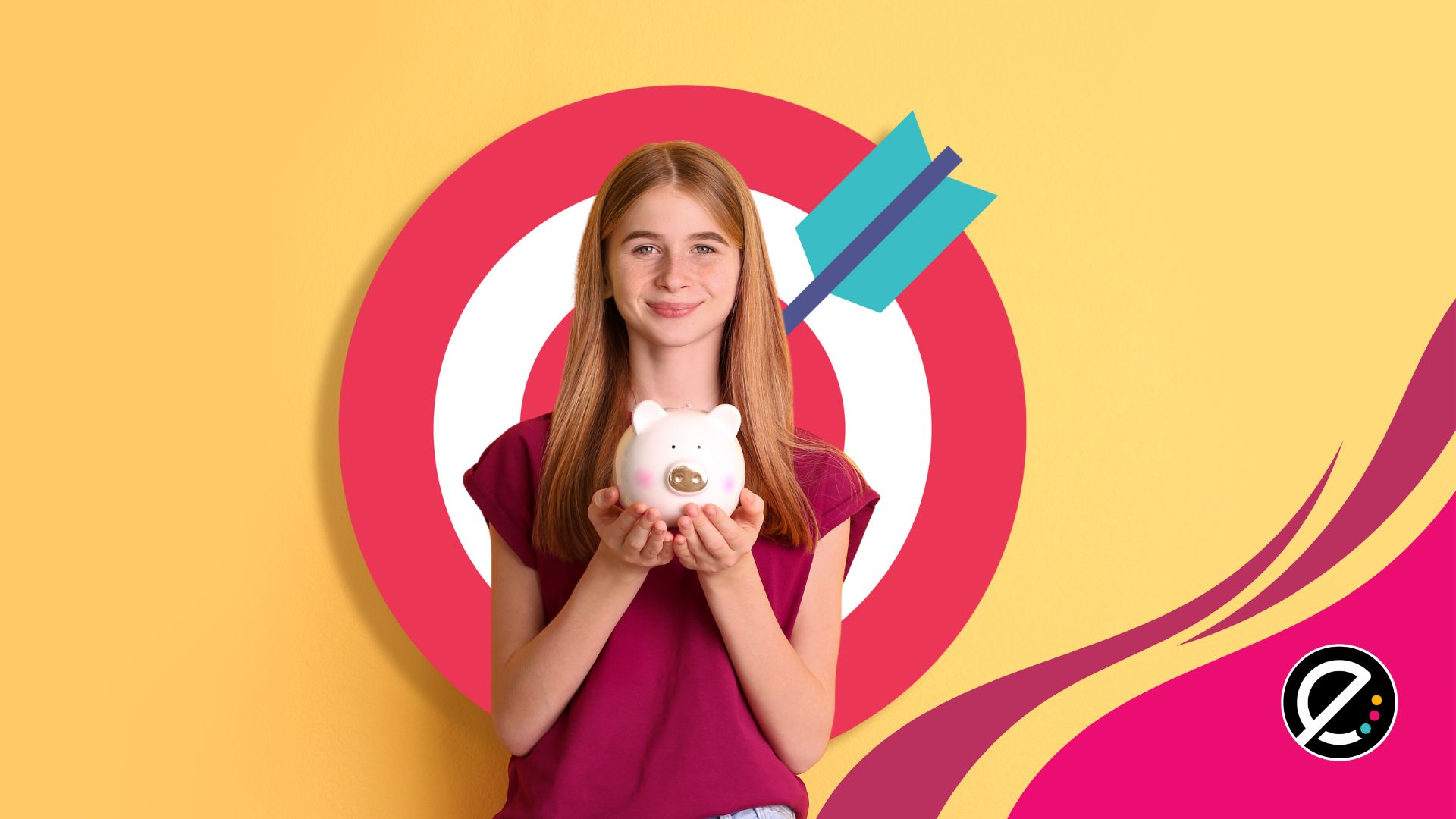Manon Légaré contribue depuis plusieurs années à l’intégration des TIC au primaire. Cette enseignante à l’école les Prés-Verts de la Commission scolaire de la Capitale considère que l’intégration des technologies a marqué un tournant dans sa carrière d’enseignante.
Toujours à la recherche de nouvelles approches pédagogique pour placer les élèves au centre de leurs apprentissages, cette enseignante audacieuse est allée jusqu’à intégrer la programmation dans ses cours. Avec ses élèves, elle a présenté son expérience lors du Rendez-vous des écoles francophones en réseau (REFER) 2017. Aujourd’hui, elle définit la programmation comme une troisième langue à maîtriser à l’école.
L’École branchée s’est entretenue avec Manon Légaré autour de sujets qui la passionnent : la technologie, la programmation et les projets innovants !
Pourquoi est-il important pour vous d’utiliser les technologies dans vos enseignements?
Manon Légaré : Il est facile d’observer que lorsque les élèves utilisent la technologie en classe, ils se retrouvent dans un contexte qui leur permet de développer différents talents comme la créativité, la collaboration, la communication, la prise de décision, la planification ainsi que le travail d’équipe. Ceci amène les élèves à atteindre différents stades d’autonomie dans le cycle de l’apprentissage.
Les réseaux sociaux me permettent d’échanger et de partager avec d’autres enseignants passionnés ainsi que de travailler la communication de mes élèves de façon motivante et significative. Les élèves deviennent des communicateurs et des concepteurs de leurs apprentissages. Nous pouvons maintenant publier et partager nos projets à travers le monde avec tant de rapidité. Nous pouvons aussi faire des activités avec des enseignants et des élèves de partout à travers différents continents.
Lorsque nos élèves utilisent la technologie, ils sont dans un processus favorisant la prise de décision, l’organisation du travail ainsi que la planification. De plus, ils peuvent facilement faire ressortir leur personnalité en mettant leur créativité en action. Lorsqu’ils travaillent en ligne nous pouvons les suivre et commenter leur travail en direct.
Qu’est-ce qui vous a poussé à intégrer la programmation dans vos cours?
Manon Légaré : Je me suis vite intéressée à la programmation avec mes élèves car lorsque les élèves programment, ils développent des concepts mathématiques importants comme la pensée créative, la collaboration efficace, une bonne analyse systématique, la conception réflexive, itérative et l’apprentissage continu.
Quels sont les vertus de la programmation en pédagogie à votre avis?
Manon Légaré : Par le fait même, lorsque les élèves font de la programmation, ils se retrouvent dans le processus de conception. Le projet d’un élève commence par une idée. Il crée un prototype (un modèle), il apporte et expérimente lui-même ses solutions et les corrige quand les choses ne fonctionnent pas comme prévu.
En quoi ces projets contribuent-ils à la motivation de vos élèves? Comment vous y prenez-vous pour susciter l’intérêt de vos élèves?
Manon Légaré : Le travail de programmation de même que le travail sur différents sites offerts aux enseignants permet aux élèves de faire du travail en équipe. Ils adorent apprendre tout en manipulant les différentes plateformes TIC avec des collègues de classe. C’est motivant pour eux de collaborer avec des coéquipiers afin de réaliser les différents travaux demandés par l’enseignante et de faire un consensus sur les meilleures idées.
En ce qui concerne la programmation, cet apprentissage n’a pas pour but de transformer les élèves en programmeurs professionnels. Toutefois, apprendre à programmer offre des avantages pour tous. Ça permet aux élèves de s’exprimer de façon pleinement créative et ça les aide à se développer en tant que penseurs logiques et à mieux comprendre le fonctionnement des nouvelles technologies. Les élèves sont très motivés et même ceux avec plus de difficultés y trouvent leur compte. Les élèves ne sont pas juste des consommateurs de la technologie mais ils deviennent des concepteurs lorsqu’ils l’utilisent à des fins pédagogiques.
Parlez-nous de vos projets pour l’année scolaire en cours.
Manon Légaré : Encore cette année, j’utilise pleinement la technologie. Actuellement, mes élèves créent des BD en ligne dans le cadre de mon enseignement en français. Nous écrivons des livres en ligne ainsi que différents articles dans des magazines que les élèves élaborent eux-mêmes à l’aide de différentes plateformes. Nous allons publier nos travaux sur un padlet et nous les partagerons par la suite aux parents de l’école. Par ailleurs, mes élèves utilisent la plateforme Seesaw et ses différentes fonctions pour publier leurs travaux. Mes élèves me suivent aussi sur ChallengeU, ils y retrouvent leurs camarades de classe ainsi que tous les travaux à faire. Nous commencerons à travailler la programmation dès le mois de novembre en classe et participerons à un concours.
En novembre, nous ferons également du cinéma d’animation. Le projet consiste en la production de petits films dans lesquels les élèves travaillent en équipe pour fabriquer de A à Z les décors et le scénario et réaliser le montage. Nous publierons les résultats des présentations sur les réseaux sociaux Twitter, Facebook, YouTube et les autres plateformes utilisées en classe.
Quels conseils aimeriez-vous partager à des enseignant(e)s qui, comme vous, souhaitent faire davantage appel aux technologies et au numérique dans leurs enseignements?
Manon Légaré : Il n’est pas nécessaire de maîtriser parfaitement la technologie pour l’utiliser avec nos élèves. Il suffit de se faire confiance et de faire confiance à nos élèves. Il faut se permettre d’apprendre à apprendre avec eux. Nos élèves passent beaucoup plus de temps que nous sur les ordinateurs. Notre rôle est de les diriger en leur enseignant comment en faire un bon usage, en développant leur jugement critique et en les sensibilisant à naviguer sur Internet en toute sécurité. Nous ne serons jamais capables de maîtriser parfaitement toutes les plateformes disponibles et ce n’est pas le but. Il ne faut pas se laisser dépasser par les connaissances technologiques de nos élèves, il faut les utiliser et en profiter pour enrichir notre enseignement. Nous ne disposons pas d’autant de temps que nos élèves pour nous approprier les différentes technologies et cela n’est pas nécessaire. Utilisons nos élèves comme personnes-ressources.
Voici quelques expériences que j’ai vécues et qui démontrent bien que, en tant qu’enseignante, il faut utiliser au maximum le potentiel de nos élèves :
Lorsque je donne des formations aux autres enseignants du primaire et du secondaire au sein de ma commission scolaire, je suis toujours accompagnée de quelques élèves qui viennent démontrer avec aisance l’utilisation des TIC. Lorsque que je fais une conférence, lors d’un congrès ou d’une présentation hors-classe, je partage toujours mon expérience avec les technologies accompagnée encore une fois de quelques élèves.
Parlez-nous d’un moment marquant vécu avec vos élèves.
Manon Légaré : Nous avons reçu le ministre de l’Éducation, Monsieur Sébastien Proulx, et le premier ministre, Monsieur Philippe Couillard, à l’école les Prés-Verts l’année dernière. C’est assez exceptionnel de rencontrer des dirigeants politiques au cours de sa carrière, à même notre salle de classe. Ce sont les élèves qui ont présenté à nos invités le fonctionnement de la classe. Ce sont eux qui ont utilisé la technologie devant les journalistes. J’étais très fière car ils ont été capables de démontrer leurs connaissances, leur savoir-être et leur savoir-faire.
Avez-vous autres choses à partager?
J’aimerais partager cette vidéo coup de cœur de Sebastien Stasse qui, à mon avis, devrait être visionnée par tous les enseignants :
https://www.youtube.com/watch?v=4Su3nnXwtm0&feature=youtu.be






